
Rethinking Depression: New Brain-Imaging Research Reveals It’s More Than a Chemical Imbalance
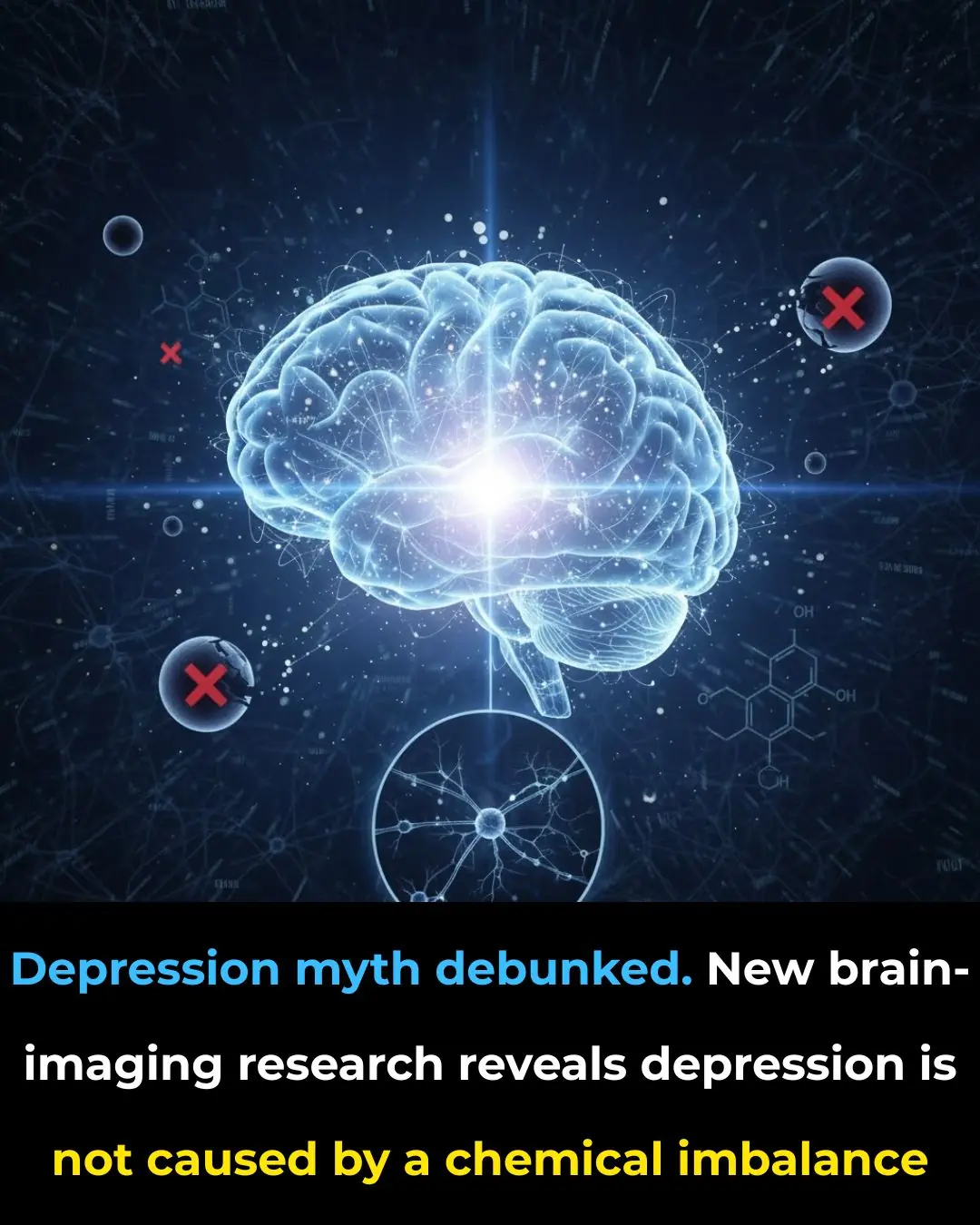
New Insights From Brain-Imaging Studies Are Transforming Our Understanding of Depression
Recent advances in brain-imaging technology are prompting scientists to rethink long-standing assumptions about depression. For decades, the dominant public narrative held that depression primarily results from a simple “chemical imbalance” in the brain—most commonly associated with irregular levels of neurotransmitters such as serotonin or dopamine. This idea influenced both public understanding and clinical treatment for years. However, emerging research now shows that this explanation captures only a small part of a much more intricate biological puzzle.
Modern neuroimaging techniques—including functional MRI, diffusion tensor imaging, and high-resolution structural scans—have revealed that depression involves wide-ranging alterations in brain circuitry and patterns of neural communication. Instead of being driven solely by chemical levels, depression appears to be associated with disrupted connectivity between key brain regions responsible for emotion regulation, decision-making, memory, and reward processing. Studies published in Nature Neuroscience and supported by data from the National Institute of Mental Health indicate that networks such as the default mode network, the salience network, and the fronto-limbic system show measurable differences in individuals experiencing clinical depression.
These findings represent a significant shift in how scientists conceptualize the disorder. They suggest that viewing depression as merely a neurotransmitter deficiency may oversimplify a highly complex neurological condition. While medications that alter serotonin or other chemicals can still be effective for many patients, researchers now argue that treatment strategies should broaden to address the larger neural systems involved. According to the World Health Organization, depression is one of the leading causes of disability worldwide, and this deeper understanding could open the door to more precise, individualized care.
The implications for diagnosis and treatment are far-reaching. Future therapies may place increased emphasis on targeting specific brain circuits through non-invasive neurostimulation techniques such as transcranial magnetic stimulation (TMS), deep brain stimulation (DBS), or emerging forms of closed-loop neuromodulation. Cognitive-behavioral interventions may also be refined to influence neural pathways more deliberately, supported by personalized treatment plans that integrate biological, psychological, and behavioral data.
Reframing depression as a condition rooted in complex neural networks—not just chemical imbalances—marks an important step toward more comprehensive and compassionate mental-health care. This evolving scientific perspective brings renewed hope for millions of people worldwide who struggle with depression, highlighting that the field is moving beyond outdated myths and toward a deeper understanding of the brain mechanisms that shape mental well-being.
News in the same category


mRNA Vaccines Show Early Evidence of Slowing Cancer Progression

The Real Crime Is Hunger: A Judge’s Moral Verdict on a Child’s Desperation

Injectable Gel Breakthrough Brings New Hope for Nerve Regeneration

Goodbye Synthetic Dyes: Doritos Join the Push for Cleaner, Transparent Ingredients
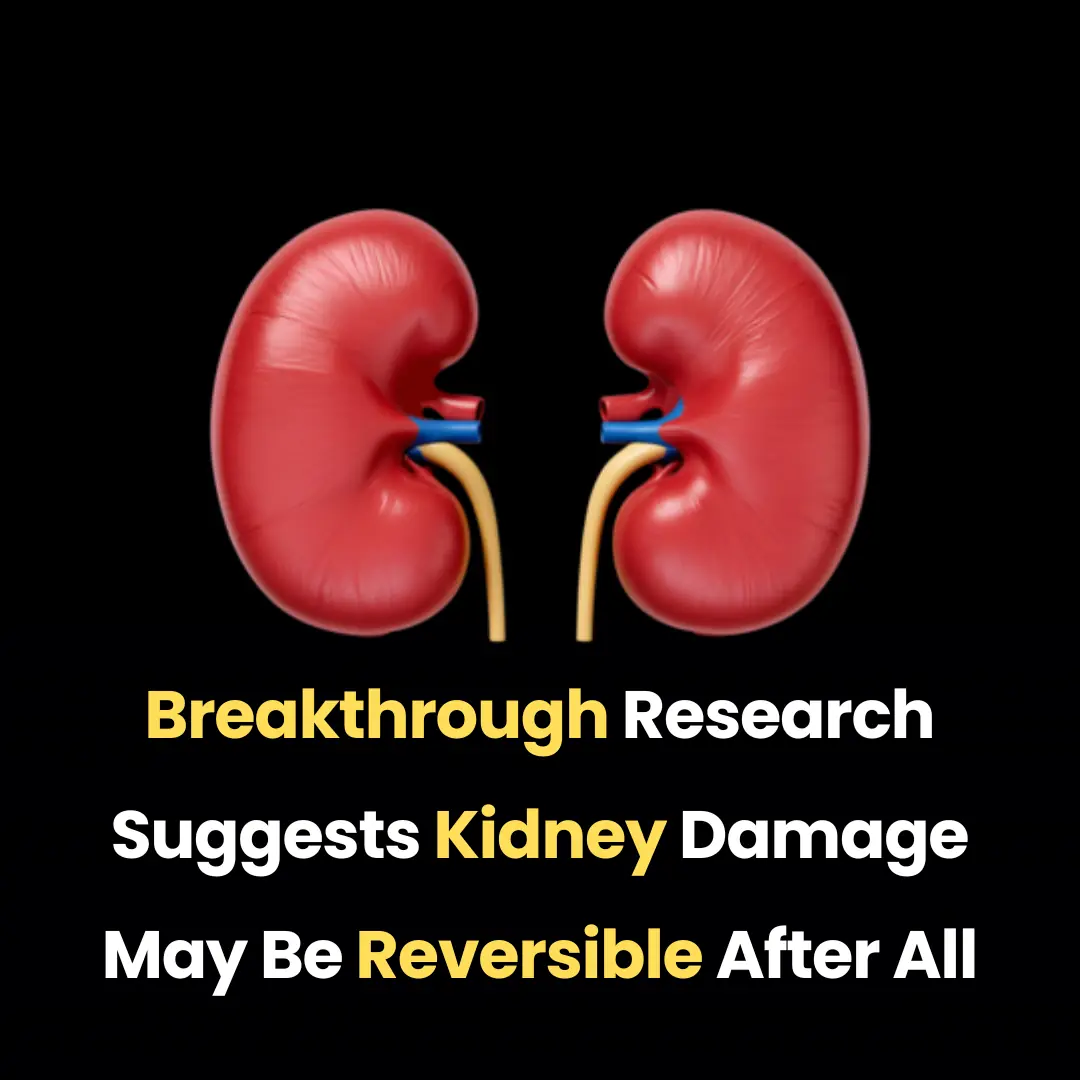
Breakthrough Research Suggests Kidney Damage May Be Reversible After All

How Intermittent Fasting Protects the Heart: New Evidence on Blood Clots and Cardiovascular Health
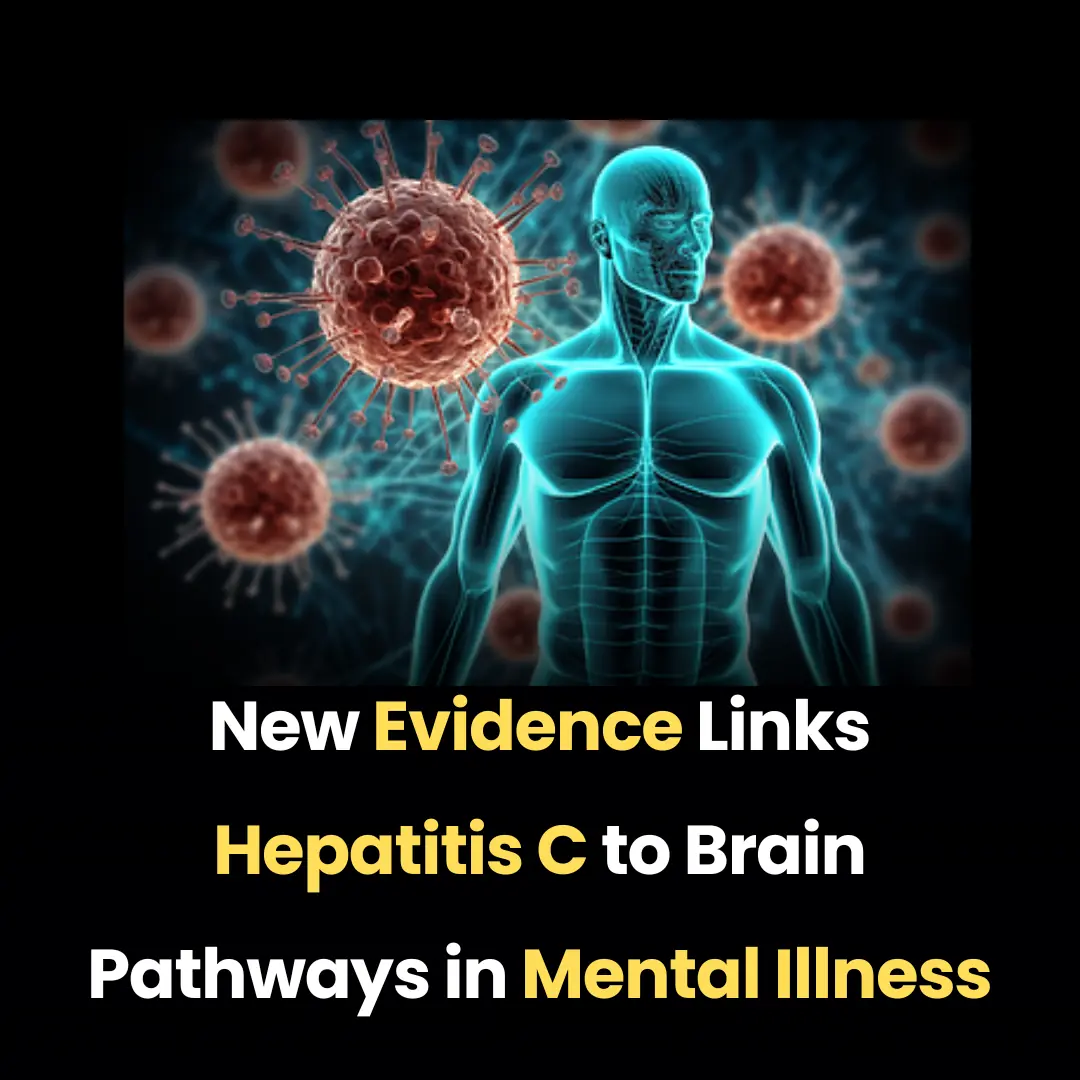
New Evidence Links Hepatitis C to Brain Pathways in Mental Illness

If You See a Woman Wearing a Wedding Ring On Her Pinky, Here's What It Means

Reinventing Renewable Energy: Germany Launches Compact Turbine for Off-Grid Power

Seventeen Years Lost: How a Look-Alike Helped Free an Innocent Man
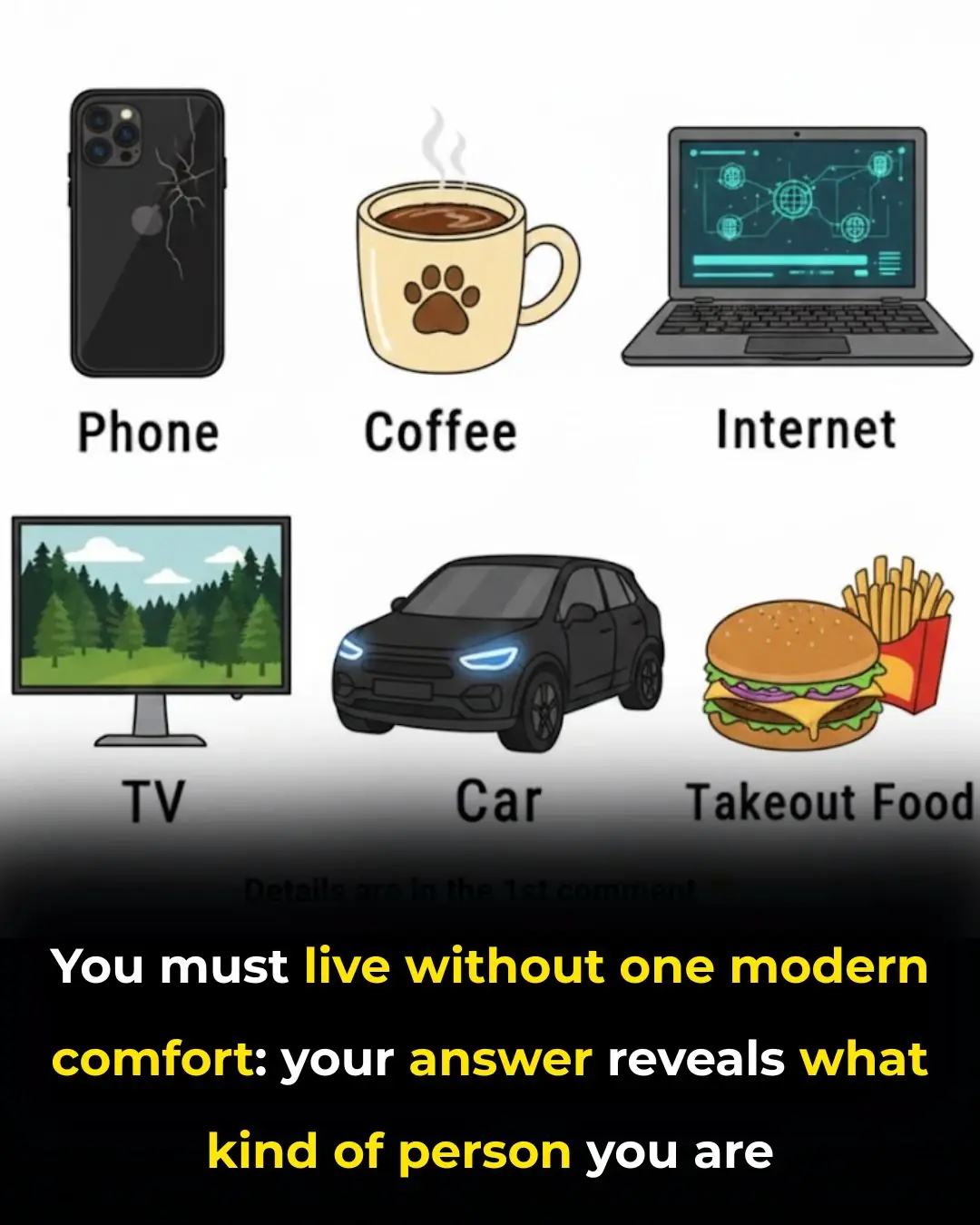
You Must Live Without One Modern Comfort — Your Choice Reveals Who You Really Are

Why do foreigners use electric kettles so little even though they are very convenient?

How Poor Sitting Posture Impacts Your Spine, Muscles, and Overall Health
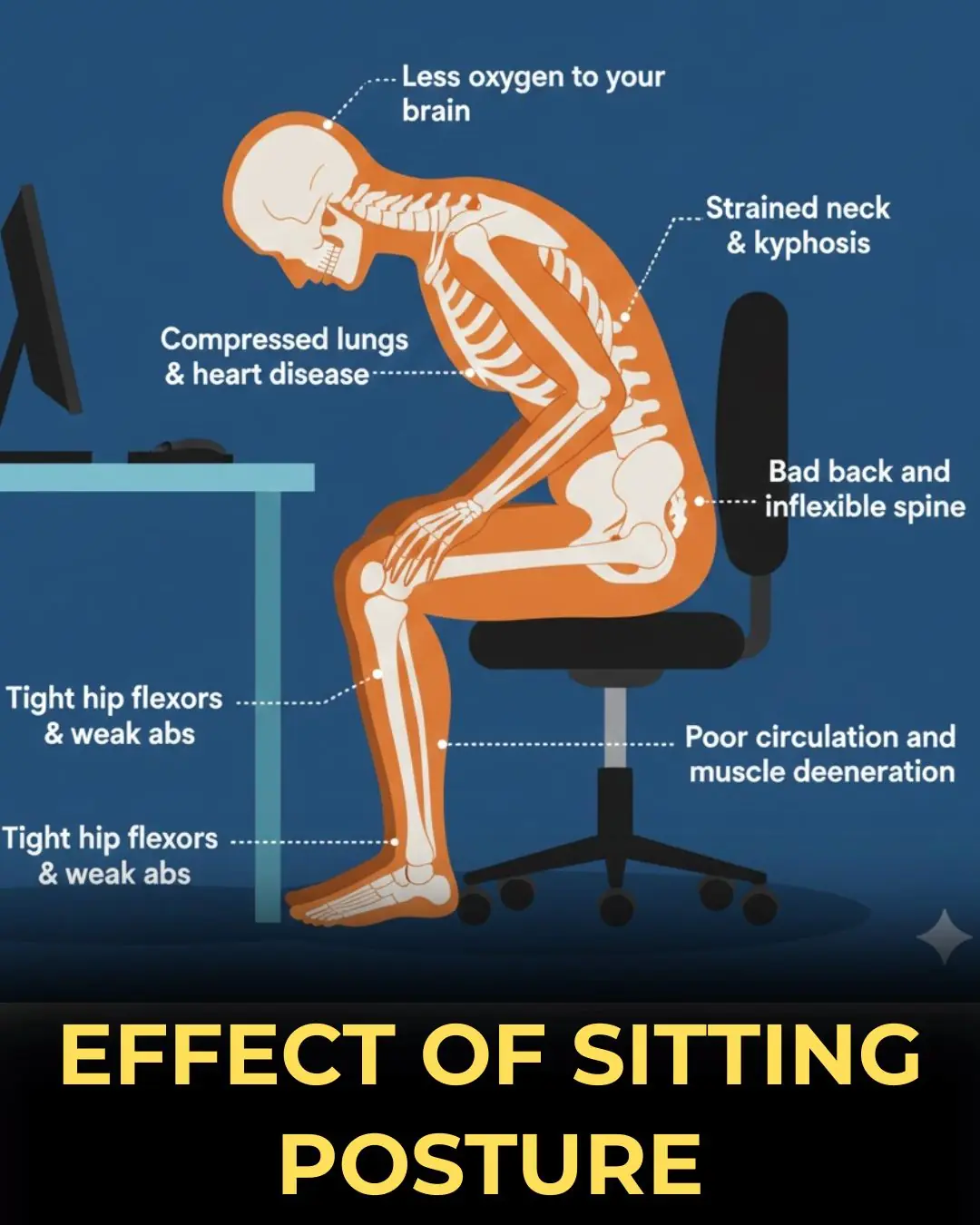
Understanding the Long-Term Consequences of Poor Sitting Posture
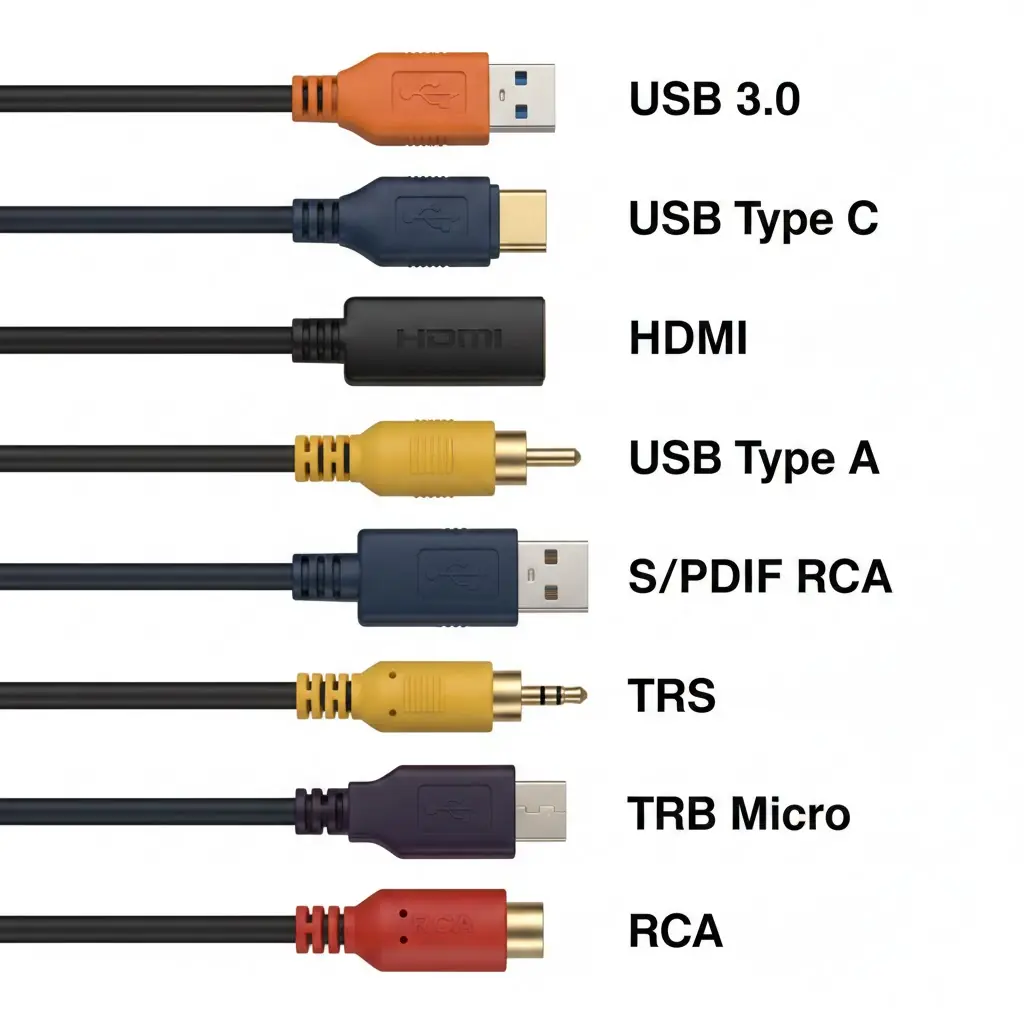
A Complete Guide to Common Cable Types and How They Keep Devices Connected

Egg Freshness Explained: What Sinking, Tilting, and Floating Really Mean

A Sleeping Giant Stirs: Taftan Volcano Experiences Uplift Driven by Shallow Gas Pressure
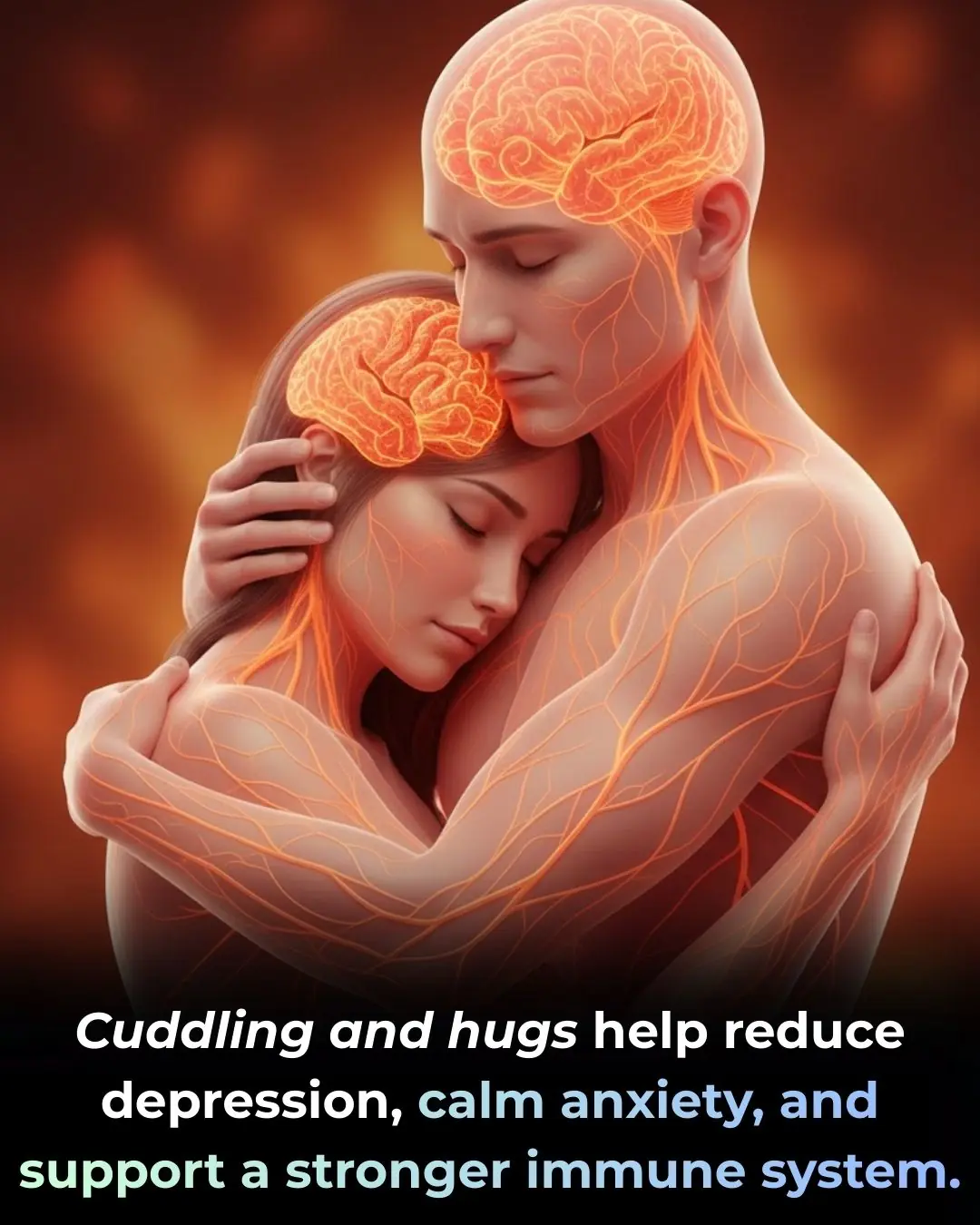
The Healing Power of Touch: How Hugs Support Emotional Balance and Immune Health
News Post

Loose Women's Janet Street-Porter screams for help after collapsing in car park

Pregnant Rebecca Adlington 'taking each day as it comes' after heartbreaking miscarriages

Ex-Emmerdale star Kelvin Fletcher and wife Liz share 'magical' family farm update

A-list actress looks completely unrecognizable in new ‘Hunger Games’ trailer

DIY Homemade Hair Dye That is Effective

How To Use Almonds To Get Rid Of Neck Wrinkles

Scientists Reactivate the Brain’s Self-Cleaning System, Hinting at a Breakthrough for Alzheimer’s

Miracle Indian Bridal Ubtan For Skin Brightening

mRNA Vaccines Show Early Evidence of Slowing Cancer Progression

The Real Crime Is Hunger: A Judge’s Moral Verdict on a Child’s Desperation

The Plant That Kills Cancer Cells, Stops Diabetes And Boosts Your Immune System!

7 powerful vitamins you need for strong, healthy legs

Beware Portuguese Man-of-War Found on Beach

When washing clothes, don’t just put in detergent! Do this little trick, dirty clothes will be like new!

Injectable Gel Breakthrough Brings New Hope for Nerve Regeneration
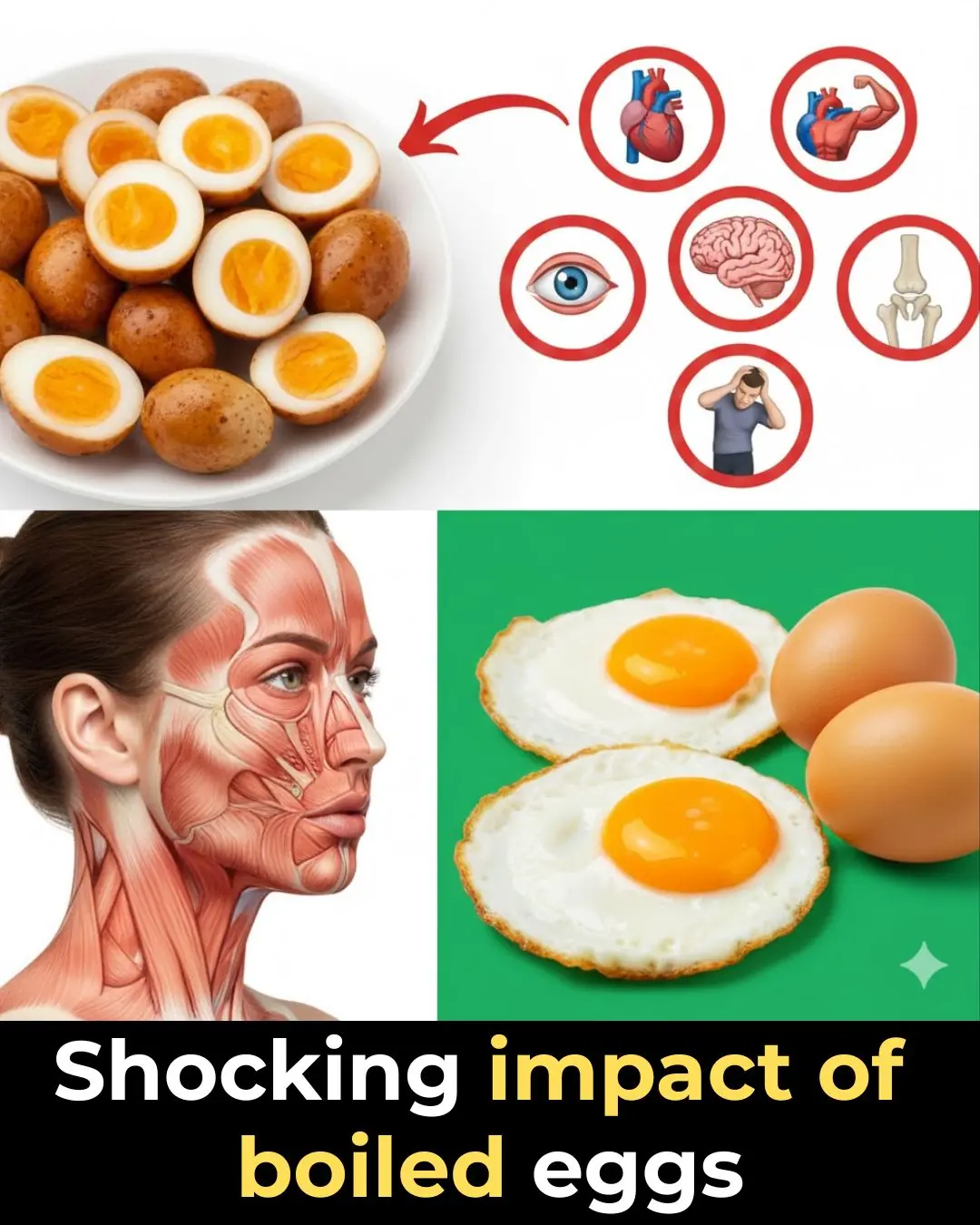
Why Boiled Eggs Deserve a Spot on Your Breakfast Table

Goodbye Synthetic Dyes: Doritos Join the Push for Cleaner, Transparent Ingredients

Breakthrough Research Suggests Kidney Damage May Be Reversible After All

How Intermittent Fasting Protects the Heart: New Evidence on Blood Clots and Cardiovascular Health
